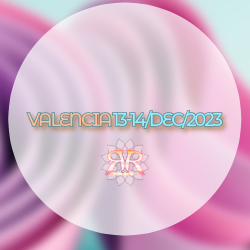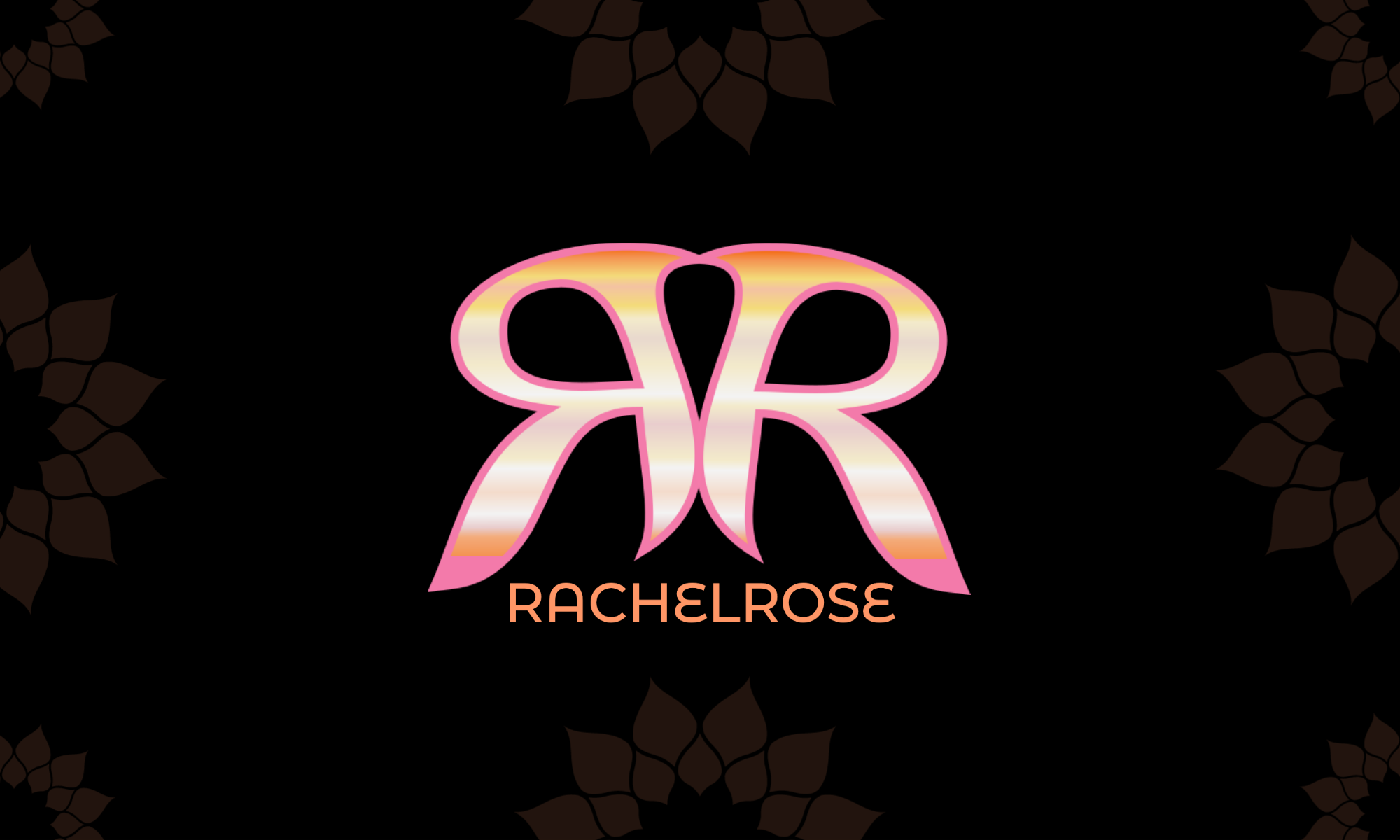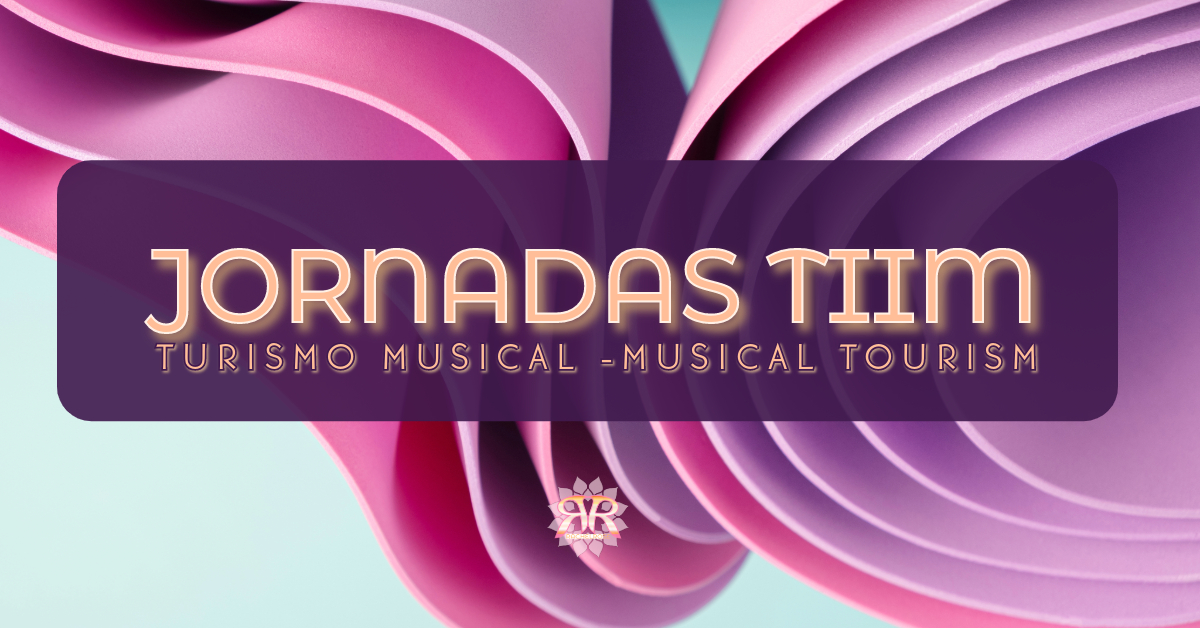Table of Contents

Musical tourism
As I mentioned in my earlier post, musical tourism is valued at over 11 billion dollars annually. I live in an area that depends highly on the tourist dollar. Altea is the gastronomic capital of the Marina Baixa, in the Alicante region. Altea also has a long history of visual art and resident artists.
When it comes to music, however, Altea lags behind.
I think it’s about time that changed! But, it’s not going to happen by accident. Maybe I can be the one to move such a project forward?
Not one to sit on my laurels, and ever a dreamer and schemer, I decided that a visit to the TIIM Musical Tourism Days would be a chance to learn, and to network. I was right on both counts! I found out about the Music Cities Network and other music tech initiatives that assist musicians, promoters, travel agencies, and ticketing agencies in enhancing their business profits and viability.
Altea is not that big, so I was inspired by the smaller music cities (like Aarhus in Denmark).
As the main talks were live-streamed, you can watch the replay of TIIM 2023 on YouTube. Here, I will give you a run-down of some of the people I met and the cool projects I encountered.
Music Cities Network
The non-profit network is a worldwide collaboration of cities seeking to enhance and develop their music ecosystems. Music Cities Network has ten member cities; the newest MCN member is our very own Valencia!
What is a music city?
Who’s Who in MCN
The network was founded in 2016 by various members. I was honored to meet a few:
Lena Ingwersen
Hailing from Hamburg, Lena is a DJ as well as founding member and Managing Director of Music Cities Network. She collaborates with Keychange, a movement fighting for a sustainable music industry, supporting underrepresented artists and urging organizations to pledge for gender equality. Lena and I chatted quite a few times. She seems super focused but really personable. I would love to hear her mix a set.
Debra King
This cool lady is the Director of Brighter Sound, a music development organization based in Manchester, Sector Lead at Manchester Music City, and wearer of some very funky boots.
Jesper Mardahl
Aardhus-based Jesper is a MCN founding member and was in attendance at the TIIM event. He is the Managing Director of Promus, the community and networking center for the music industry and musicians in Denmark. Jesper seems like the kind of guy who has seen it all and still gets a kick out of it.
Sjoerd Vriesma
Sjoerd, an artist development professional, collaborates in running Lake Woozoo studios in the Netherlands. Groningen is a member of the Music Cities Network. He seemed like a super cool dude, even though we only had a brief conversation. He invited me to join their team supper. Sadly I could not accept as I already had arrangements with my talented friend, Ana Higueras. Thanks anyway, Sjoerd! Next time.
The Valencia Team
There were a number of presenters and members of the public from our own backyard. Here are the ones that I was lucky enough to meet in person.
Speakers
Paula Simó, PhD
Dr. Paula Simó is an expert in communication and strategy. She teaches at the University of Valencia in their Department of Tourism Studies. Her extensive research on the music city ecosystem in Valencia is evidenced by her numerous published academic papers. Congratulations to Paula! She played a vital role in making Valencia known as a music city and gaining recognition for its music ecosystem.
Beatriu Traver
The fabulous Beatriu Traver is a musicologist and art historian, and journalist and studio manager. She presented the final talk, about AI and the future of the music business. Beatriu is the manager of Banjo Soundscapes, a studio that excels in sonic branding and sonic strategy.
Colleagues
Oscar Carrió
Oscar is from Pedreguer. He has just launched Huming Pro, a Spanish-language SAAS program for the music industry. The app has loads of functionality and could bring real benefits to both artists and bookers. Oscar and I are meeting up next week, so watch out as there is more to follow.
Xavi Aspenbass
Xavi runs a music representation and booking agency called Xavi Aspenbass Produccions. We had a long and lovely talk about Neuromusic, my current focus.
Summing up
Was it a good way to spend two days? Yes! Was it well-organized and informative? Yes! Would I return next year? Absolutely.
What was the main takeaway: treat music like a business, not a charity. Far too many people see things like booking bands as an expense.
Music events and ecosystems must be seen as an investment. Investment in art and culture can yield big returns. As Felix Barros from Evento Medido demonstrated with his amazing event measurement technology, music events have more than a monetary impact. They influence travel, overnight stays, food sales for attendees, environment and sociocultural concerns.
Music Cities are urban areas that support and nurture music, music venues, and musicians. This is done through the cooperation of both the private sector and public sector.
What do you think: if your city became a Music City, would you feel a sense of pride?
Post Script
Design Elements for this post
Peach Fuzz – does it scream “Musical tourism”?
Pantone has designated the color “Peach Fuzz” as the color of the year 2024. Its HEX code is #FFBE98. As a soft pastel tone, I don’t immediately get a rock and roll vibe from it. Peach fuzz suggests a downtempo, warm, cuddly kind of music. Trigger Hippie by Morcheeba sounds a bit Peach Fuzz to me.
Staying contemporary, I decided to use some peach fuzz in the header image for this post. I chose some complementary colors from this “Muzli” color palette. #B38A6A is the light brown of the shadow, while #6AA7B3 is the outline.
I struggled, initially, to integrate this color into my design. As you can see from my blog, I tend to use popping colors, strong tones of purple and pink and black. After a while, I noticed that the gradient I used in my logo actually has a peachy tone. So, I am right on point for some serious branding this year! haha, 😛


